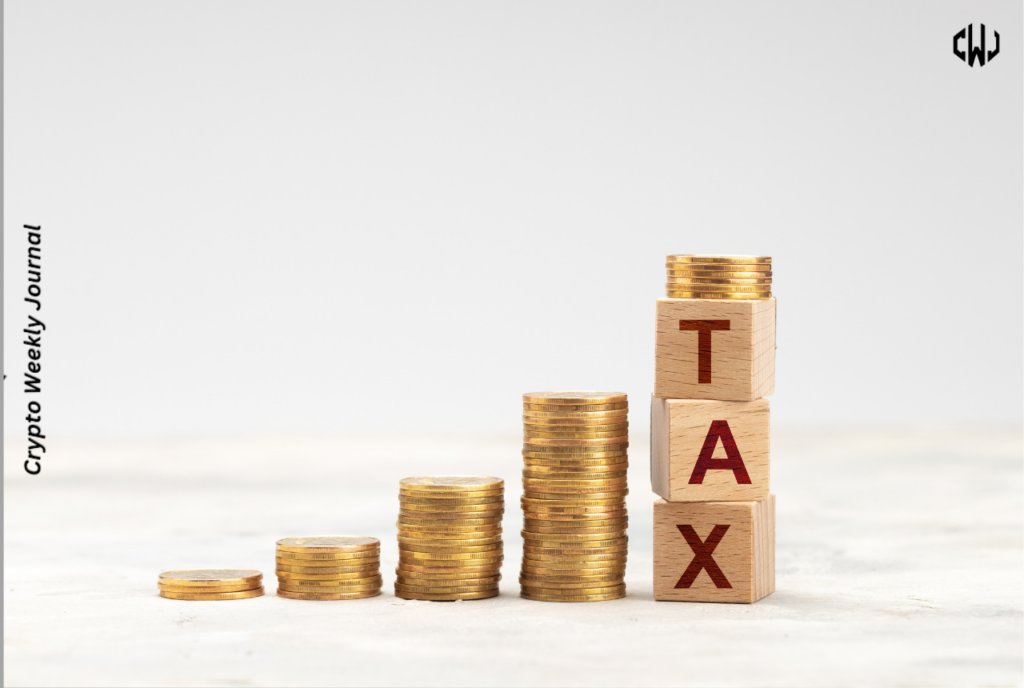- Japan’s Financial Services Agency (FSA) has introduced tax reform for FY 2025, specifically addressing cryptocurrencies for the first time.
- Current tax rates on crypto profits can reach 55%, with calls for a unified flat rate of 20%.
- The FSA remains cautious about approving cryptocurrency ETFs, evaluating their fit within Japan’s investment strategy.
The Japanese Financial Services Agency (FSA) has introduced tax reform requests for fiscal year 2025, explicitly addressing cryptocurrencies for the first time. This move could signal a shift in how Japan approaches cryptocurrency taxation. Currently, profits from cryptocurrency transactions are taxed as high as 55%, leading many investors to call for a unified flat tax rate of 20%.
The FSA’s proposal, released on the 30th, includes a section titled “A plan to double asset income and to realize a nation built on asset management,” which suggests that virtual currencies be reconsidered as financial assets suitable for investment. This is a significant change from the current stance, where digital currencies are taxed under miscellaneous income, which can lead to higher tax rates.

The proposal highlights the need to integrate financial income taxation, focusing on expanding the scope for loss offsets. Currently, losses from derivative transactions cannot be offset against other financial gains, a limitation that the FSA aims to address. This could create a more favorable environment for investors by broadening the tax rules to include a wider range of financial products.
For the past two years, discussions have concerned amending the corporate tax system to better accommodate digital assets. However, this is the first time cryptocurrencies have been specifically mentioned in tax reform requests. The FSA’s proposed changes would align the taxation of virtual currencies with that of other financial assets, potentially simplifying the tax process and encouraging more widespread investment.
Key Points for Crypto Tax Reform
At a recent Web3 conference, Ogura Masanobu, Deputy Secretary-General of the Liberal Democratic Party (LDP), outlined three key points for transitioning to a separate taxation system: providing a logical rationale for reform, demonstrating tax revenue benefits, and gaining public support by showing that cryptocurrency investments can aid in general asset formation. He emphasized that investments recognized by the government should also be eligible for separate taxation.
Another area of interest is whether the FSA will classify virtual currencies as financial assets that could be targeted for investment, which might affect the approval of cryptocurrency exchange-traded funds (ETFs) in Japan. FSA Commissioner Hideki Ito recently expressed a cautious approach to approving virtual currency ETFs, citing concerns over their fit within Japan’s long-term investment strategy.
Related Reading | FTX Bankruptcy Plan Faces SEC Scrutiny Over Potential Stablecoin Distributions



